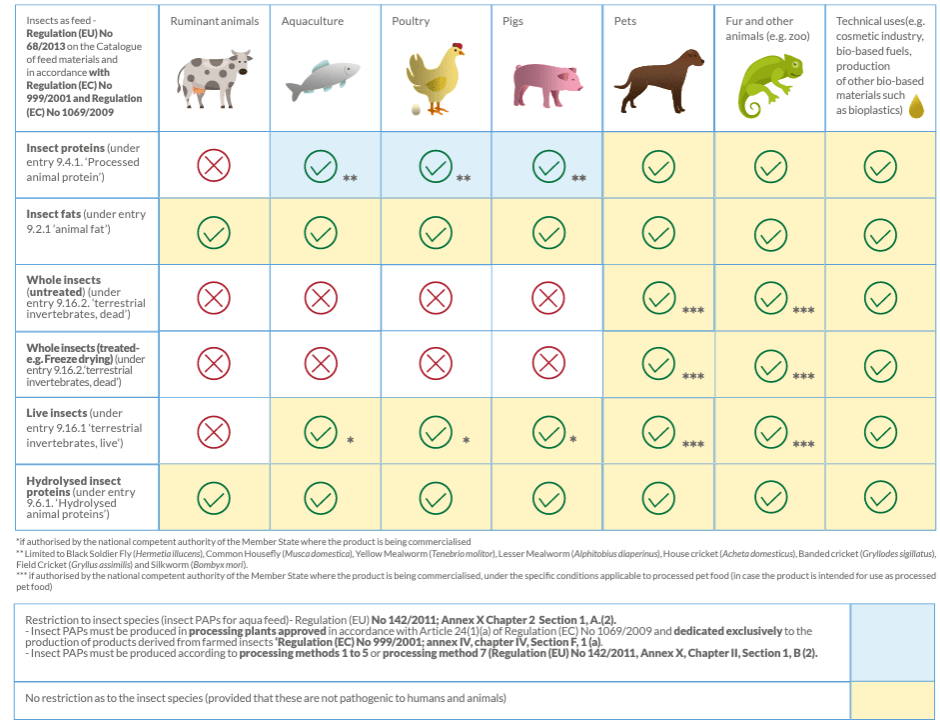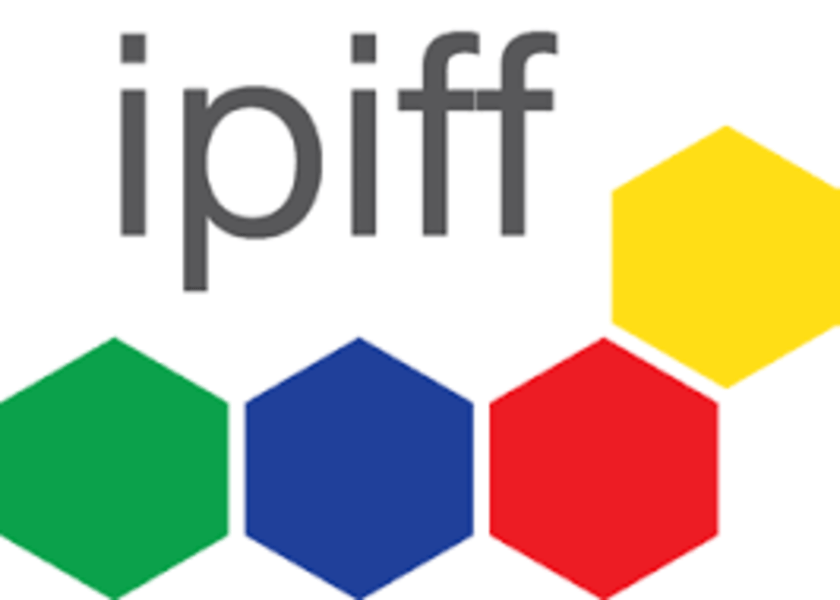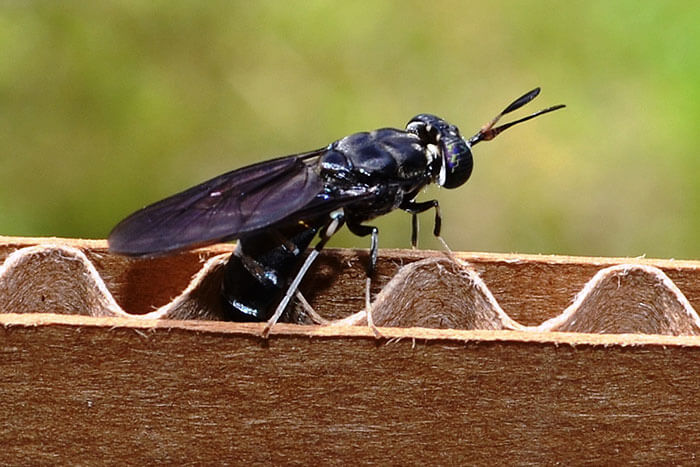Live insects in animal feed: what European Regulation says (and what it does not)
If given the choice, would you eat eggs from hens whose farm diet resembles their natural? For the hens’ sake, let’s assume the answer is “yes”.
We are all for circular, natural solutions that improve livestock welfare, and perhaps it should not come as a surprise that insects comprise a sizeable chunk of chickens’ (and other animals’) natural diets. Recent European Union (EU) legislation has made significant strides in acknowledging this, and throughout this post, our aim will be to clarify legislative developments specifically regarding the use of live insects in animal feed.
Our starting premise, and that of EU law, is that insect production generates different outputs that can be used in animal feed. These range from insect larvae, either alive or ‘treated’ (e.g. dehydrated, freeze dried), to insect meal (defatted or un-defatted) or oil.
Dead (and treated) insect larvae present numerous advantages when used as feed for livestock production (e.g. feed complement) and/or for enticing properties (e.g. used as environmental enrichment in poultry husbandry for its similarity to invertebrates eaten naturally by such animals).
These products have indeed been proven to entail beneficial effects on the health and welfare of farmed animals, which contributed to the rapid emergence of this market in several EU countries.
EU legislation (Regulation 1069/2009 on animal by-products, Regulation 767/2009 on the marketing of insects as feed) has not specifically stipulated the use of live insects in animal feed though.
Resultantly, certain EU Member States interpreted the EU law in the sense that live insects were not permitted in animal feed. As this was not the case, nor was it in accordance with EU law, the European Commission’s Standing Committee on Plants, Animals, Food and Feed (PAFF Committee) clarified this during a meeting held on 16 February 2024.
The PAFF Committee discusses and votes on regulatory proposals from the Commission. It also discusses measures related to the implementation – across Member States – of legislation that has already been adopted, and in this case – legislation related to animal feed.
Article M.05 of the PAFF Committee minutes from February 2024 reads:

This clarification evidently recognises that the use of live insects as animal feed in the EU is legal, except for ruminants.
To make things clearer, IPIFF prepared a detailed Guide on Good Hygiene Practices that translates the EU requirements for the use of insects as animal feed into a practical, user-friendly guide. Page 25 of the Guide on Good Hygiene Practices breaks down current legislation visually:

To summarise, feeding livestock – except for ruminants – with live insects is now EU law, and this is not a member state’s competence. Yet, member states’ authorities shall continue to ensure that operators comply with general safety and marketing requirements in accordance with applicable EU Law.


